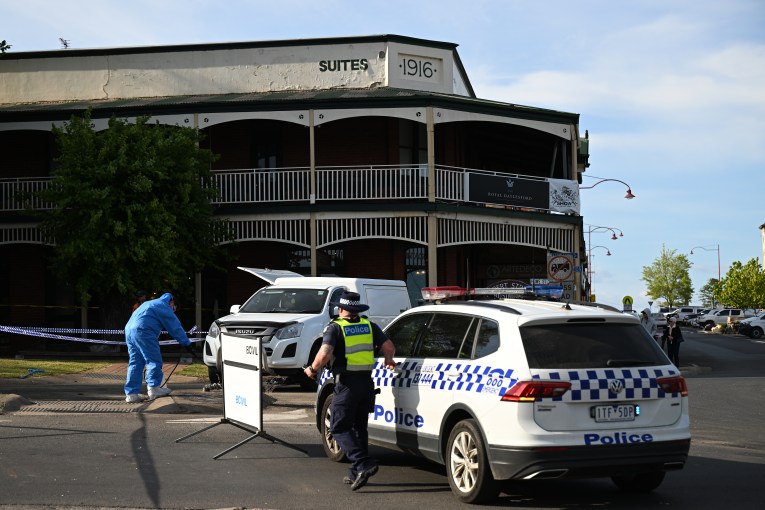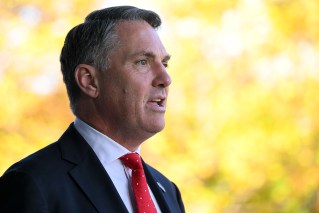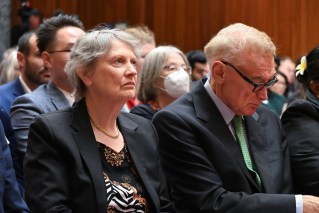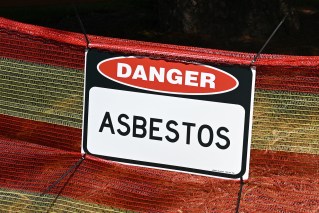‘Very scary’: Doctors warn government over health privacy changes

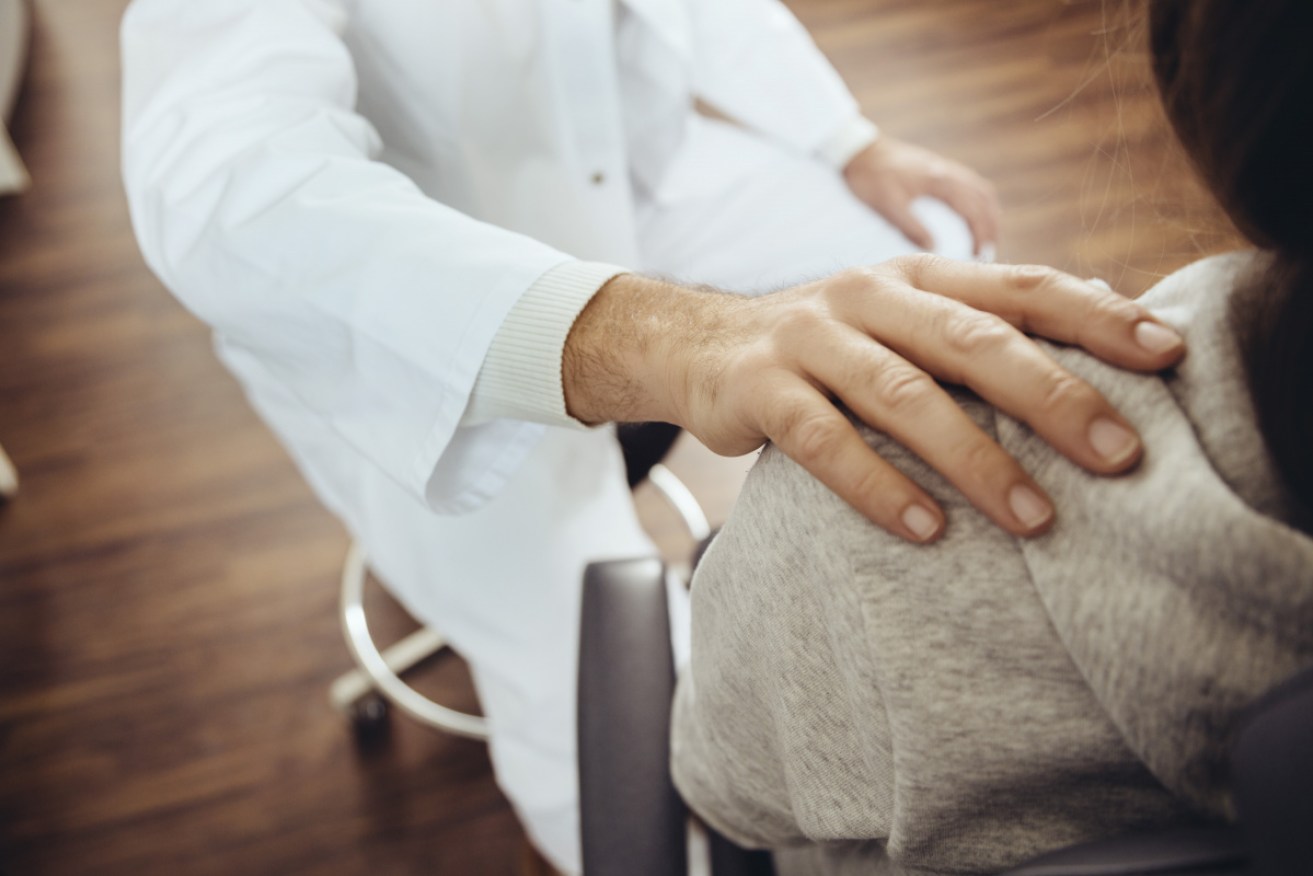
Changes proposed as part of an ongoing review of the Privacy Act could prevent children from seeking confidential support. Photo: Getty
Children could face “life-threatening harm” and be discouraged from seeking medical care under a federal government proposal to toughen privacy laws, doctors and youth counsellors have warned.
The Australian Medical Association and the operator of Kids Helpline have written to the Attorney-General’s Department, arguing changes proposed as part of an ongoing review of the Privacy Act could prevent children from seeking confidential support.
If they go ahead as planned, teenagers may be unable to discuss contraceptive use with a doctor or have an abortion without their parents being told first.
The review was announced in 2019 following the Australian Competition and Consumer Commission’s digital platforms inquiry.
A discussion paper released last year by the Attorney-General’s Department listed 28 proposals to strengthen provisions in the Privacy Act.
One of the proposed changes was to make it mandatory for individuals or organisations to obtain parental consent before using, collecting or disclosing the personal information of a child aged under 16.
‘A terrible barrier’
The department said the change could help protect children from “harmful data practices” and address uncertainty about whether they have the capacity to consent to the use of their personal information.
But the AMA argues the proposal could prevent doctors from treating children without first notifying their parents.
“That would be a very scary proposition for a doctor in that situation,” AMA vice president Dr Chris Moy told The New Daily.
“It would be a terrible barrier for younger people wanting to seek support.”
According to the department’s discussion paper, public submissions broadly supported strengthening privacy protections for children “in light of their particular vulnerability”.
It stated there was concern entities might regularly share children’s data for advertising purposes, harmful tracking, profiling or targeted marketing.
But Dr Moy said the proposed change could lead to “unintended consequences” for the provision of health care, as doctors are required to document and at times share a patient’s medical information with their colleagues.
He said the proposal could cause significant problems if a young person wanted to talk to a doctor about contraceptive use, termination of pregnancy, treatment for assault, help to quit smoking, or drug and alcohol issues without their parent’s knowledge.
“There are situations where they (children) would like to obtain health care which would entail the release of information for their care and may be in a situation where they do not want their parents to be aware of it,” he said.
“That can be because of significant problems in the relationship, maybe domestic violence-type situations or sexual abuse.
“(The proposal) would cause a significant barrier in that situation.”
Children at greater risk
Yourtown, which operates youth counselling service Kids Helpline, said it shared the AMA’s concerns, warning there would be an “immediate and significant impact” on children if the proposal became law.
The charity said in 2020, it enacted 53 duty-of-care interventions each week – 40 per cent of which related to young people aged under 16.
Duty-of-care interventions occur when a Kids Helpline counsellor considers a child or young person to be at risk of imminent harm and contacts police, child safety or ambulance services.
Yourtown said while the main trigger for interventions involved suicide attempts, an increasing number of children contacted Kids Helpline after experiencing abuse.
“Mandating consent to disclose risks restricting Kids Helpline’s ability to respond to a young person in crisis and would mean we could not send the police or ambulance to check on them (where there is no legal requirement to do so),” a spokesperson said.
“It would also restrict Kids Helpline’s ability to refer a child under the age of 16 to another service for support.
“Such requirements could place (or leave) children in situations of life-threatening harm.”
Government to consider special cases
In its discussion paper, the Attorney-General’s Department said the Privacy Act would “continue to recognise situations where it is not appropriate for a parent or guardian to exercise requests on behalf of a child under the age of 16, such as where access would pose a serious risk to the life, health or safety of any individual, including the child”.
In a statement to The New Daily, the Attorney-General’s Department said it was carefully considering stakeholder feedback to avoid unintended consequences.
It said it was in the process of compiling a final report, which would be made public following government consideration.
“The review is mindful of the need to balance various considerations relating to children, including protecting them from harmful data practices, children’s varying maturity levels and the capacity to make privacy decisions, and safeguarding children’s ability to access health and medical services,” a department spokesperson said.
“The review team is currently considering all of the feedback received through submissions in response to the discussion paper, which will be used to develop the final report.”
The spokesperson added that the department also sought feedback on whether organisations should not be permitted to seek parent or guardian consent where a child is able to make their own privacy decisions.
In a submission to the department, the AMA asked for the Privacy Act to be amended to specify that a 16-year-old is assumed to have the capacity to consent to having their personal information disseminated.
Meanwhile, Yourtown asked the government to exclude services such as Kids Helpline if the proposal became law.
“Without express protection for organisations such as Kids Helpline that provide crisis and counselling and support, children and young people may choose not to seek help, and will fail to receive critical assistance, particularly in situations of abuse or where they are, or feel, unsafe,” a spokesperson said.
The Attorney-General’s Department is due to hand down its final report later this year.
- Lifeline 13 11 14
- Beyond Blue 1300 22 4636
- Kids Helpline 1800 55 1800
- 1800 Respect 1800 737 732
- Suicide Callback Service 1300 659 467
